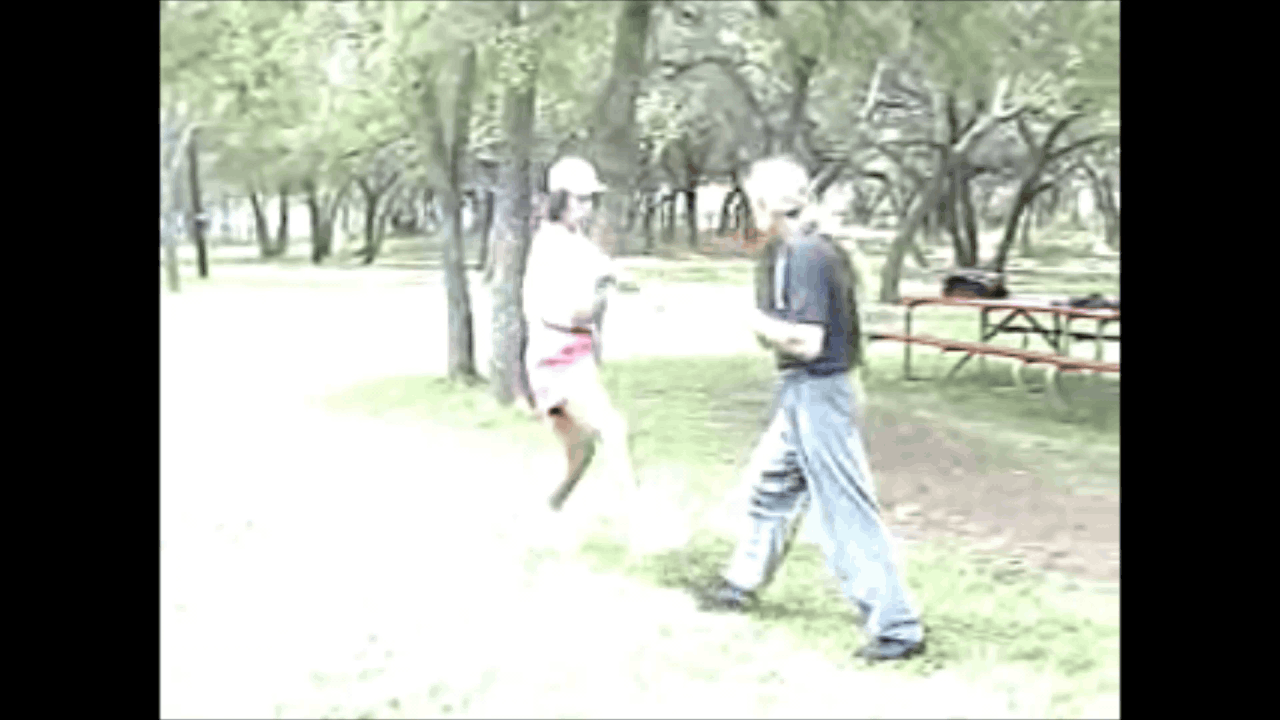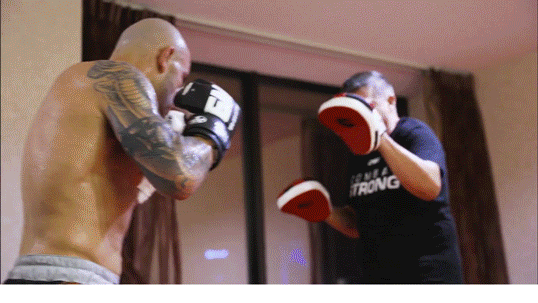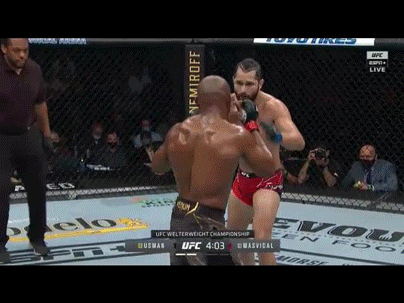There are many approaches to training. I know of nothing that reasonably supports the idea that MMA gyms offer incomplete training (going from elementary to university).
It might sounds like I am anti TMA particular when mentioned MMA is like skipping high school and jump to college. I am responding NOT because I am expert in MA as I am NOT. But I did put in a few years of hard work and I am not a beginner. But this is a lot more than talking about MA. I am using my experience in my life to say the following.
MA is only a small part of my life, just part of aerobic exercise together with weight training. I have quite a bit of life experience other than MA and I have a STRONG OPINION about “formal education” vs someone “just have it and work hard at it”.
I was a musician and I actually won 1st in Talent Quest in Hong Kong 4 times by the time I turn 20. I had a little name in HK, believe me, it’s not easy to make it in entertainment industry. I did not have formal training in music, I can barely read music. It’s about having it and work hard at it. I taught student and some really practice hard, but I can tell within a month whether that person has it or not. In the 70s, I took some music classis, I’ve seen people that were good in theory and read music, but they couldn’t play if their lives depend on it. I can tell some of the greatest guitarists have absolutely no formal training from looking at how they pick and run the fingers. They just can play.
I quit music in 79 after I found my ultimate passion in ELECTRONICS and never looked back. My degree was bio-chemistry in college, no foundation knowledge like advanced calculus and physics that are for electronics. I literally started from ground level. I never really had formal schooling, I studied on my own and just wing it. I started as test technician, promote to engineering tech, Jr. Engineer in 1 1/2yrs. I study on my own, work hard. I kept getting promotion and became manager of Electronic Engineering in 89, 10yrs after I got into the field. I worked in environment 70% of my co-worker were PhD. Talk about highly educated.
I really design On-The-Fly using common sense and INSTINCT. I managed to publish 2 articles in the prestige American Institute of Physics, Review of Scientific Instruments, and own 3 US patent under my name. All these time, I never studied more than 2 semesters of Calculus and 2 semester of physics, never studied in Microwave electronics that I am expert in. I just rely on common sense and INSTINCT for that. I actually fell so bad that after I retired, I studied back all the advanced Calculus and Physics to make myself WHOLE, not for the job, but to proof to myself I actually deserves to be an EE. After I spent 6yrs studied back everything, I CAN SAY ALL THE STUDY DID NOT MAKE ME ANY BETTER AS A DESIGNER.
When I became manager and had to hire technicians. I made up a test mainly from the introduction books used in a trade school. I thought they should have not problem answering if they went through a junior college or trade school. WRONG. I yet to have one that can answer those questions without a lot of help and hints. OK, that might be unfair as they were only technicians. When I hire EE, I thought I just gave them the same 3 questions, they should have no problem answering those, those are very simple fundamental introduction to electronics……WRONG. I tripped so many with BS degree and years of experience.
There goes to show, just because one went through formal training MEANS NOTHING. In fact, If I were in charge of Mechanical engineering and software engineering, the TWO I would fired was a ME from STANFORD U and the Software from UC Berkley. Those are the TOP college in US, or even in the WORLD. Problem with them is they over analyze everything, keep telling me what CANNOT work. I WANT THEM TO COME OUT WITH SOMETHING THAT WORKS. Don’t tell me why it doesn’t work!!!
In the real world, it’s the result that matters. I don’t care someone can design by rolling the dice or black magic, as long as one can hit it 100% of the time, it’s good enough for me. Just like I said all talks are cheap. 2 people enter the ring, one walk out. WIN, then talk.



